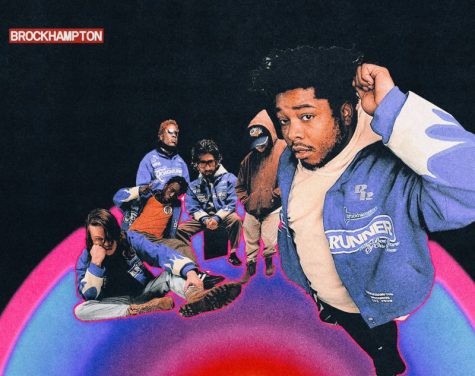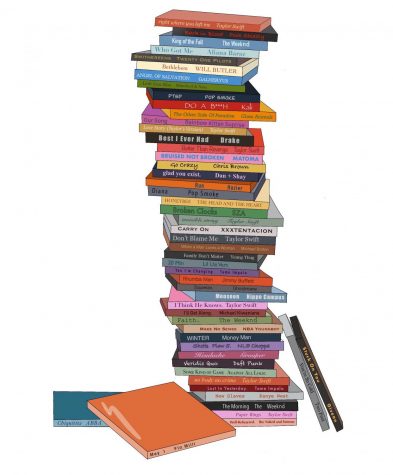Why I Love, but Also Resent the Oscars
The Oscars. One of the highest awards and honors that a film and filmmakers can receive. Filmmakers dream of it, hoping one day they can walk the stage to receive an Oscar with their name on it. I’m guilty of daydreaming about this as well. Even though, realistically, it’s not going to happen. I’m not basing that on my talent, but by the fact that I don’t see people like me walking across the Oscar stage.
You see, I’m a young female filmmaker who’s not white. If you look at the people that the Academy tends to admire and award, it usually isn’t minorities. If you follow the Oscars or the film industry in general, you know that this has been a trend. This trend has resulted in my love-hate relationship with the academy. The filmmaker in me dreams about winning the academy over one day. Truthfully, I’m always excited to watch the Oscars and to sit down to watch all the nominees before the award show. However, as a minority, I am also angry at the academy.
The Oscars has had a lot of criticism in the past about the lack of diversity in it’s nominees and winners. Alisha Haridasani Gupta of the New York Times went as far in as saying, “the Academy of Motion Picture Arts and Sciences released the list of Oscar nominees and, unsurprisingly, it was overwhelmingly white and male.”
This criticism is especially prevalent this year with the best director nominees all being male and Bong Joon-ho being the only person of color, even though this year saw many films from women directors. There’s a problem, but the problem is bigger than the Academy and the Oscars. Yes, they fuel the problem by going along with it. But the problem is that minorities have been fighting against a system that’s been in place in the film and media industry for decades now. A system that favors older white men. So much so that less than one percent of film directors in 2018 were women of color, according to the Inclusion of Director’s Chair study. There hasn’t been much progress in film since then.
Sure there is the argument that the media today as a whole is slowly becoming more diverse. I agree, we see the diversity slowly becoming apparent when it comes to the media on streaming sites both on-screen and behind the scenes, which is a step towards the right direction. But why don’t we see the diversity at the Oscars? Because of the truth that rising in the film and media industry is an uphill battle that most don’t have the privilege to endure, especially minorities. Sure, minorities could find a place in an entry level position, but when they want to climb the ladder there are obstacles that many white men don’t face. Obstacles like lack of support, lack of money, networking, judgments based on stereotypes and receiving statements such as “you should just be grateful that you even made it this far.” That’s just the tip of the iceberg. It’s a world where male filmmakers are praised for being good leaders and for being passionate, while female filmmakers are faced with words like “lucky” or “ungrateful” for having the same work ethic. A film director’s role is inherently a role of power and authority, something our society has a hard time giving to minorities.
The Oscars only have a few positions for nominees in each award section every year because they are an award show. So if the top of the film industry is majority older white men, their nominees are sadly going to reflect that. However, there are some things that we, as consumers, can do. We need to be more active as consumers than passive. We can go out and learn more about filmmakers that identify as women, people of color and/or queer. We can go out and support their films in theaters. We need to question the academy and why it’s voting poll is still not reflecting diversity. We can share our support on social media and have more conversations as to why the media industry is failing these filmmakers. It’s not just the Academy letting down these filmmakers. It’s also us, the audience, because being passive consumers instead of being active consumers also lets minority filmmakers down.
Your donation will support the student journalists of Saint Louis University. Your contribution will help us cover our annual website hosting costs.







